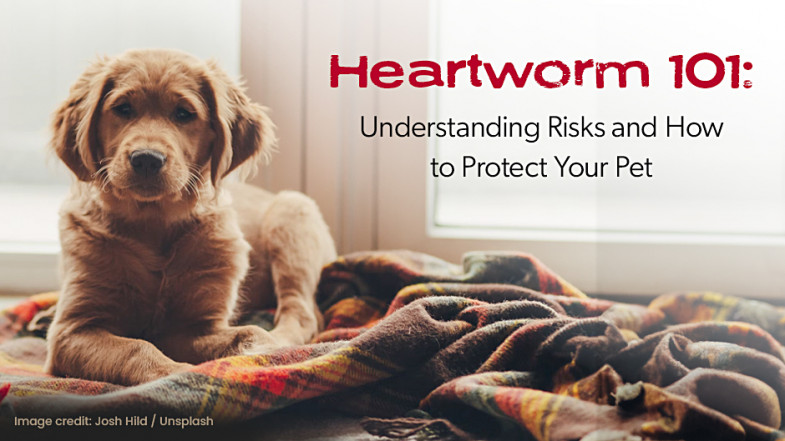Freeburg Animal Hospital Blog
Why Your Cat Needs to See the Vet

When was the last time your cat visited the vet? Cats are known for their independent and often aloof nature, which can sometimes lead to the misconception that they don’t require regular veterinary care. However, just like dogs, cats need routine checkups to ensure they live long, healthy lives.
Common Misconceptions About Cat Health
A common belief among cat owners is that cats, especially indoor ones, are low-maintenance pets that don’t need to visit the vet as frequently as dogs. This is far from the truth. While cats might not always show obvious signs of discomfort or illness, they can suffer from a variety of health issues that, if left unchecked, could lead to more serious conditions. Regular vet visits are the key to catching these issues early.
Signs Your Cat Needs to Visit the Vet
Cats are masters at hiding pain, so it’s important to watch for subtle changes in behavior or physical condition. Some signs that your cat may need to see the vet include:
- Changes in eating or drinking habits
- Unexplained weight loss or gain
- Lethargy or decreased activity levels
- Issues with the litter box, such as straining, frequent urination, or not using it at all
- Unusual grooming behaviors, like excessive licking or not grooming themselves
If you notice any of these signs, it’s time to schedule a vet visit. These symptoms could indicate anything from dental disease to kidney issues—conditions that require a veterinarian’s expertise to diagnose and treat.
Preventive Care: The Key to a Longer, Healthier Life
Regular veterinary care isn’t just for when your cat is sick. Preventive care plays a vital role in keeping your cat healthy. During a routine checkup, your vet will perform a thorough physical examination, which can help detect early signs of common issues like dental disease, obesity, and chronic conditions like diabetes or hyperthyroidism.
Vaccinations, parasite prevention, and dental exams are essential services that your vet provides to keep your cat in peak health. Even if your cat seems perfectly healthy, these routine visits can prevent future problems and even save you money in the costs of more complex care.
Senior Cats Need Extra Attention
As cats age, their health care needs change. Senior cats (typically those over 7 years old) should visit the vet more frequently, at least twice a year. These visits often include screenings for age-related conditions such as arthritis, kidney disease, and hyperthyroidism. Early detection of these conditions can make a significant difference in managing your cat’s health as they age.
How Often Should Your Cat Visit the Vet?
Generally, it’s recommended that cats visit the vet at least once a year for a wellness exam. Kittens and senior cats may need more frequent visits, while adult cats typically benefit from an annual checkup. Your vet can give you specific guidance based on your cat’s health and lifestyle.
Even if your cat appears healthy, don’t skip these routine visits. They are essential for preventive care and catching any potential issues before they become more serious.
Getting Your Cat to the Vet: 3 Helpful Tips
We understand that getting your cat to the vet can be a challenge. Here are three tips to make the trip easier:
- Get Your Cat Accustomed to the Carrier: Leave the carrier out in a familiar place with a cozy blanket inside. Occasionally place treats or toys inside to create positive associations with the carrier.
- Schedule Vet Visits During Quieter Times: If possible, book your appointment during less busy hours. Fewer people and animals in the waiting room can reduce your cat’s stress.
- Use Pheromone Sprays or Calming Treats: Products like Feliway, a synthetic feline pheromone, can help reduce anxiety. You can spray it in the carrier or use calming treats before the visit to help your cat feel more at ease.
Your Cat Deserves the Best Care
Regular veterinary visits are an investment in your cat’s long-term health and happiness. Don’t wait until there’s a problem—give our clinic a call to schedule an appointment today. Your cat will thank you for it!
Oreo’s journey:
Oreo was brought to us one night after being hit by a car. He suffered a broken leg and road rash, luckily he had no other serious injuries.
After several days of love, care, and hard work Oreo is out of his cast and doing a lot better! He will be looking for a new home soon!
Categories
Recent Posts

As a veterinary team, one of the most important conversations we have with pet parents is about pain. Unlike us, our pets can’t simply tell us when something hurts. They often mask their discomfort, making it difficult to recognize the early signs of pain. Whether your pet is growing older or experiencing an acute injury, understanding the subtle indicators of pain is one of the best things you can do as a pet owner to facilitate your pet’s overall wellbeing.

When was the last time your cat visited the vet? Cats are known for their independent and often aloof nature, which can sometimes lead to the misconception that they don’t require regular veterinary care. However, just like dogs, cats need routine checkups to ensure they live long, healthy lives.

Among the various health risks that pets face, heartworm disease stands out as a particularly insidious threat. This disease can have devastating effects on your pet, and yet, it is preventable. This article will delve into heartworm disease and stress the importance of proactive prevention.